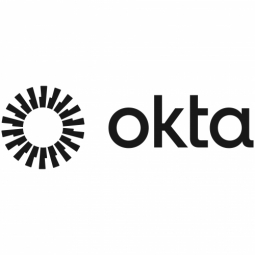Overview
 |
Enhancing User Experience and Security: Welocalize's Journey with Okta Single Sign-OnOkta |
Cybersecurity & Privacy - Identity & Authentication Management Infrastructure as a Service (IaaS) - Cloud Databases | |
National Security & Defense | |
Quality Assurance | |
Tamper Detection Voice Biometrics | |
Cybersecurity Services System Integration | |
Operational Impact
The implementation of Okta Single Sign-On has resulted in a number of operational benefits for Welocalize. The new, streamlined digital experience means users spend less time logging in and out, resulting in increased productivity. The number of helpdesk requests has dropped as well since most calls are password-related. And overall security has improved because the chances of credential-related breaches have been reduced. The security and productivity benefits have been significant, with the company able to build a singular storefront to Welocalize's platform, allowing users to seamlessly log in with one credential. This has removed the friction of continuous logins and logouts, making the login process easier for clients, while also ensuring secure access to the right data. With SSO, Welocalize is also able to meet a number of industry security regulations. | |
Quantitative Benefit
Users spend less time logging in and out, resulting in increased productivity. | |
The number of helpdesk requests has dropped significantly as most calls were password-related. | |
Overall security has improved because the chances of credential-related breaches have been reduced. | |


